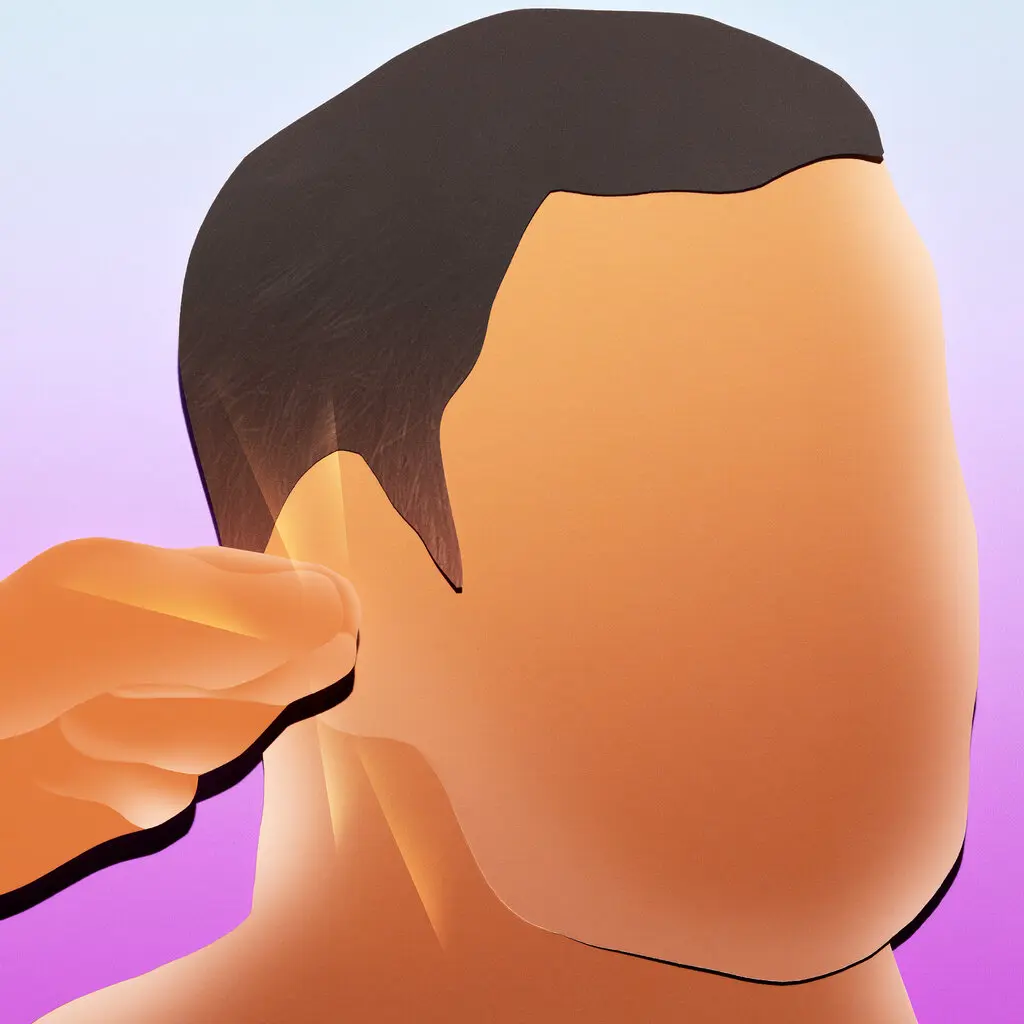His mouth always tasted like metal and he vomited often. Nothing helped. Then his sister got him the help he needed.
“We were thinking about going bowling tomorrow,” the woman told her 43-year-old brother in the living room of their mother’s home in Chicago. Her brother was passionate about bowling. He had spent almost every day in his local alley two summers ago.
She was therefore taken by surprise when he answered, “I can’t do that anymore.”
Certainly, her brother had had a tough year. For most of his life, he had run-of-the-mill heartburn, but that year his heartburn went ballistic. His mouth always tasted like metal. The reflux was so bad it would make him vomit. Nothing helped. He stopped drinking coffee and alcohol. Gave up spicy foods. His doctor started him on a medication known as a proton pump inhibitor (PPI) to reduce the acid or excess protons his stomach made. This relieved the burning pain, but he still had the metallic taste and vomited after eating several times a week. He could not eat solid foods, so switched to smoothies.
When he was still feeling awful after weeks on the PPI, a gastroenterologist used a tiny camera to look at the man’s oesophagus. The stomach looked fine, but the region where the oesophagus entered the stomach was a mess. Normally the swallowing tube ends with a tight sphincter that stays closed to protect delicate tissue from the harsh stomach acids. It opens when swallowing, to let the food pass. But this man’s swallowing tube was wide open and the tissue around the sphincter was red and swollen.
The man was diagnosed with Barrett’s oesophagus — a precancerous condition — caused by the injury caused by the stomach acid. His PPI dose was increased. Even that wasn’t enough, so he had surgery. And it worked — mostly. The vomiting stopped. He could eat solid foods again. However, the metallic taste and the nausea persisted.
“Do I take him to emergency, or am I overreacting because he’s my brother?”
The man’s sister, a neurologist, knew some of this medical back story, but her brother rarely complained. Besides, for the past year or so, many of their conversations had been to do with his and his wife’s IVF journey. That had been tough. Now, hearing that her brother’s balance was off, she was worried.
In their mother’s living room, she had him stand and close his eyes. He didn’t fall. Good. Now, could he walk as if he were balancing on a tightrope? He tried a couple of steps, but he struggled to keep his balance. Then he stumbled, catching himself just before falling to the floor. He thought the unsteadiness was from the medication, but his sister wasn’t sure. She checked his hearing. He said he had been having trouble with his right ear for a while.

The next morning, the man’s sister reached out to a colleague for a second opinion. She asked the colleague if he thought this could be some kind of nutritional deficiency. She had found a case report of this kind of balance problem linked to extremely low levels of magnesium caused by high-dose PPI. Or maybe her brother had cancer somewhere. He’d had a CT scan of his abdomen just before his surgery, so he didn’t have a tumour there. But brain tumours can cause nausea and vomiting, as well as hearing and balance problems. He probably needs a brain MRI too, she wrote.
“Do I take him to emergency, or am I overreacting because he’s my brother?”
The colleague’s response was immediate. A nutritional deficiency was certainly possible, but the friend was worried about a tumour too. She felt that he was telling her she wasn’t overreacting — that her brother needed to be seen, fast.
She then reached out to another colleague at the neurological service in Cincinnati, a five-hour drive away. She explained her brother’s symptoms and he agreed he should come in.
In Cincinnati the next day, the man had the MRI. There, just behind his ear, amid the grey swirls of his brain, was a bright white mass, the size of a golf ball. It was one of the largest tumours his sister had ever seen. The neurosurgeon explained this was probably an acoustic neuroma — a slow-growing, benign tumour. The tumour develops from the cells that protect and support the nerves controlling balance and hearing in the middle ear. For reasons that are not well understood, these cells start to grow out of control, but slowly. As the tumour gets larger, it disrupts the nerves and causes unilateral hearing loss, tinnitus and difficulty with balance.
It was also the tumour that had caused the nausea and vomiting.
It had to be removed or it would continue to grow, but it was so large it couldn’t be removed in a single operation. The first surgery, three days later, lasted 12 hours.
After the man’s surgery, the metallic taste was gone. The nausea — also gone. But so was his hearing in that ear. And his balance was even worse. Along with most of the tumour, the surgeon had been forced to remove the nerves in charge of hearing and balance on the right side of his brain. The patient had to relearn how to understand where he was in the world using only half of his previous equipment.
The second surgery to remove the rest of the tumour took place six months later.
All this happened four years ago. Recovery was slow. And even now the man still can’t bowl. His balance is better, but nowhere near as good as it was before. But his brain works in all the other ways he values. And these days he has a lot of other things to think about: He and his wife now have a daughter — just over one year-old.
Adapted from an article in the New York Times’ Diagnosis column by Lisa Sanders, M.D

